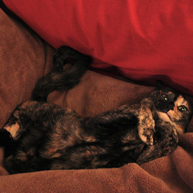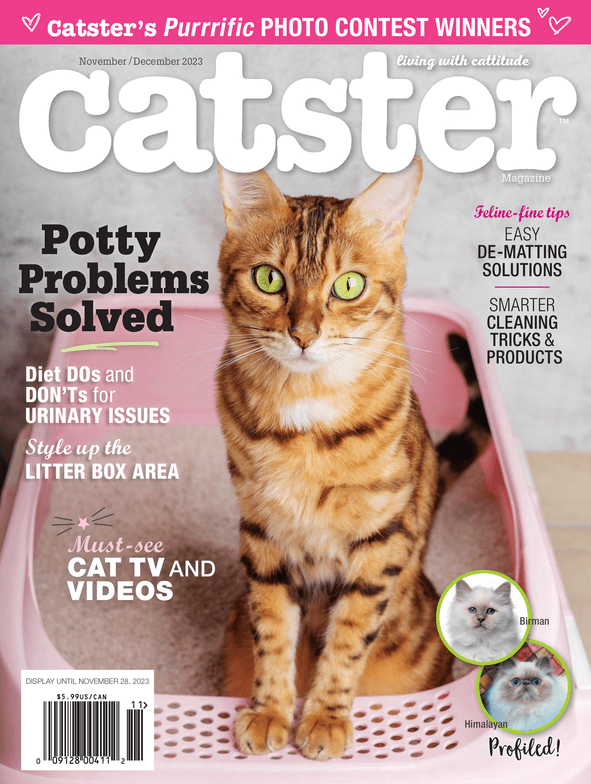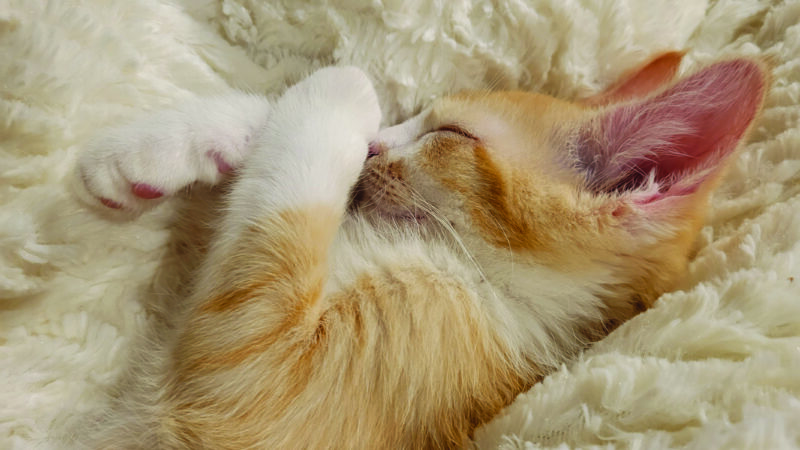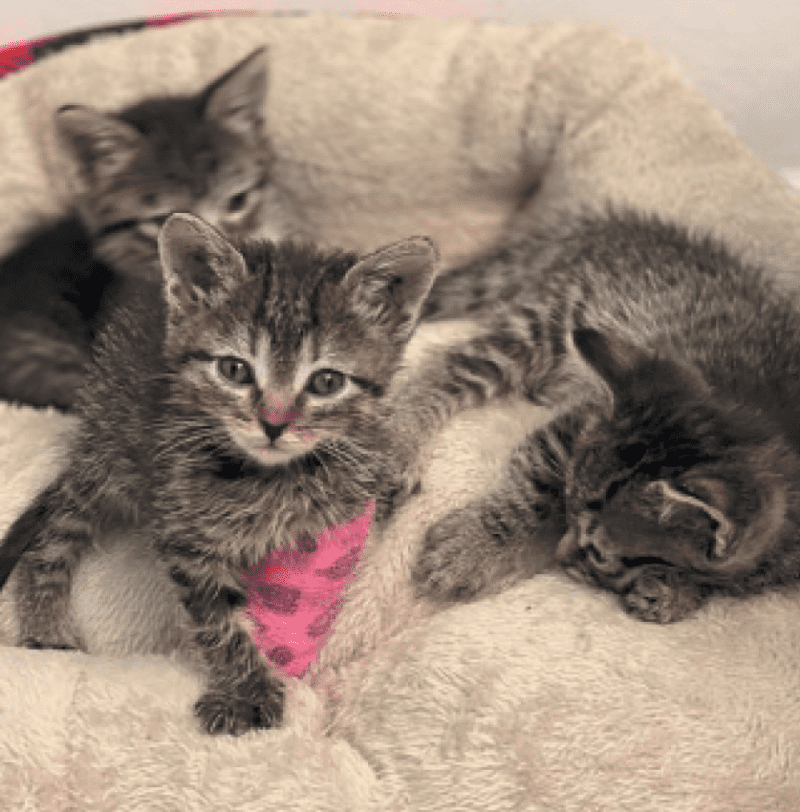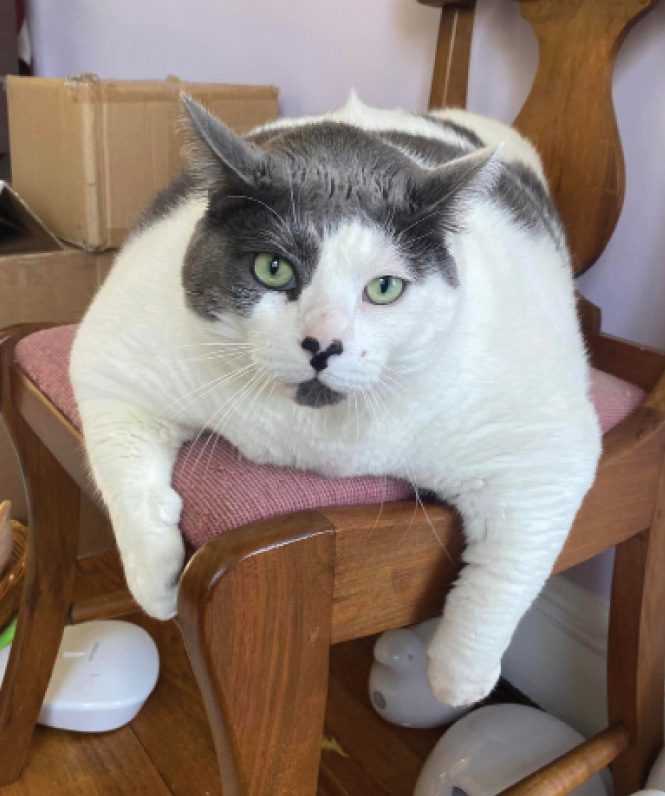When I adopted a tortoiseshell kitten, it was like I joined a club I never even knew existed. Suddenly, all my friends with tortoiseshells wanted to talk tortie all the time. "What’s she like?" they would ask. "Does she talk all the time? Did you know that tortoiseshells have really unique personalities? Does she have tortitude?" I was told that tortoiseshells were feistier and louder, and were "princesses" (almost all torties are female).
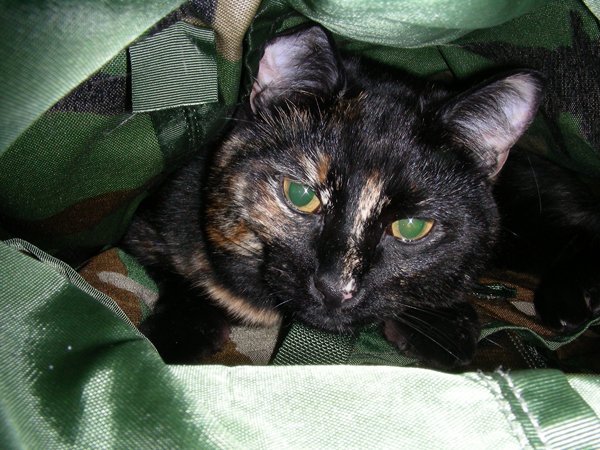
I had never heard of tortitude. I just adopted Effie because she was beautiful. All of those colors in her coat made her a stunning kitten. She certainly could make some noise, though. When I first brought her home, she spent the first day in the bathroom in order to stay separated from my first cat, Agnes. (I followed all official Catster guidelines in the introduction.) She didn’t like it much, and made constant noises I can only compare to a baby screaming. I remember wondering how such a tiny kitten could make such a horrible noise. Did her lungs take up 98 percent of her little adorable body?
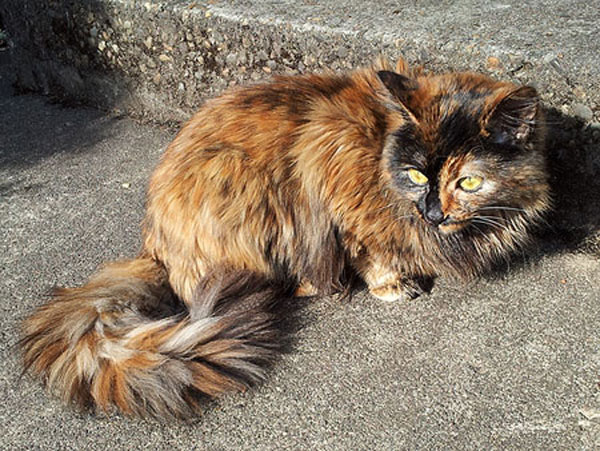
She also had no fear. When Effie and Agnes finally met, Agnes slapped her in the face repeatedly. Effie slapped her right back. Effie quickly realized she liked Agnes’s food more than her own, so when Agnes started to chow down, Effie didn’t see any problem with sticking her head in there, too. Fortunately, they became fast friends, but there was never much question over who ran the household. It certainly wasn’t me or my 12-pound adult cat.
While Effie was certainly confident and talkative, she was also fairly mellow and cuddly, and never made me bleed like Agnes has. She also spent most of her life fairly sick, so who knows what she would have been like if she had felt better.
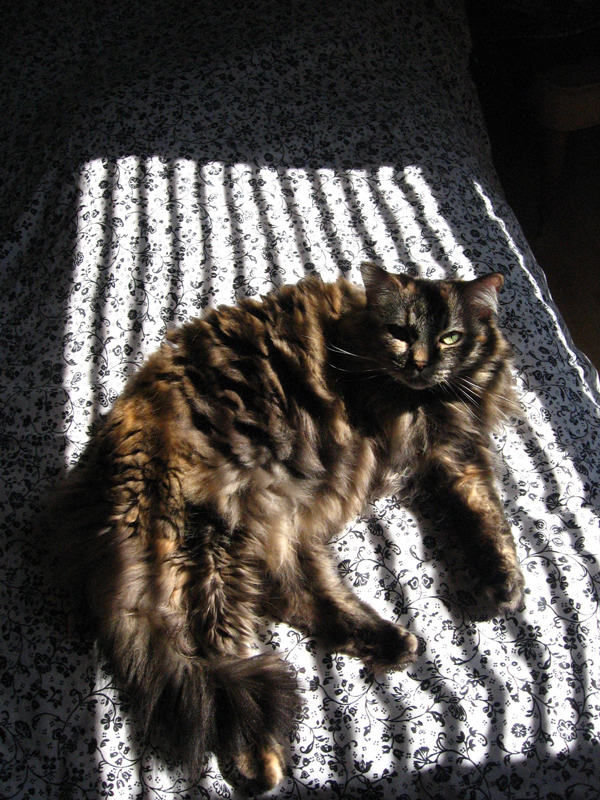
So are torties really different, or are all cat people just convinced their cats are special? I consulted Jackson Galaxy, cat behaviorist and star of Animal Planet’s My Cat From Hell, for his thoughts.
"I hate generalizing about cat coats or breeds, or anything like that, in terms of assigning a personality to a cat,” he told me. “That being said, cats like torties, calicos, and orange tabbies tend to have a much more distinct personality, in my opinion. But I try as hard as I can not to prejudge on the basis of past tortitude experience."
Galaxy says he has not found tortoiseshell cats to be feistier than average, but he does believe they tend to be "more sensitive to the stimulus around them."
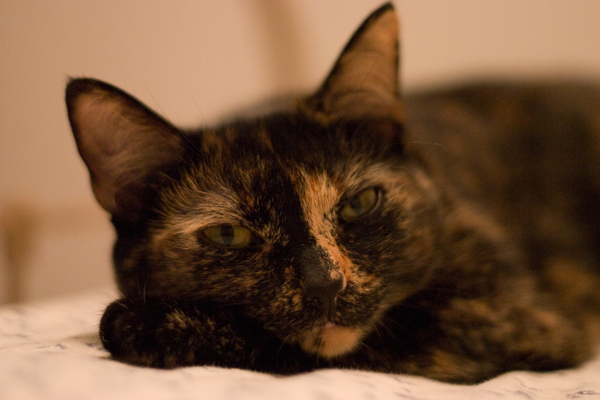
On the upcoming season of My Cat from Hell, Galaxy works with a tortoiseshell cat named Miley. "She was very feisty, only a year old, but her main job throughout that house was to torture two little elderly dogs with her play aggression," Galaxy says. "She jumped off things like she was Tarzan, and liked to see what cool sounds things made when they hit the ground. But she was a sweet, sweet thing."
Kristi Brooks, operations manager at Cat Adoption Team in Sherwood, Oregon, says the staff believe torties have tortitude, and think calicos have similar personalities. "Torties or calicos are just feisty little girls. They just want it their way, and if you do something that is not the way they want it, they let you know," Brooks says. But she also believes there are plenty of exceptions, and that we see trends when we look for them. She told me about Susie, a calico she met at the shelter, who was the "most affectionate, most unflappable cat ever."
Brooks and the staff at CAT have noticed other trends as well — she said that orange-and-brown male tabbies are the most easygoing, white cats tend to be very regal, and black cats try extra hard to win people over because they are always the last to be adopted.
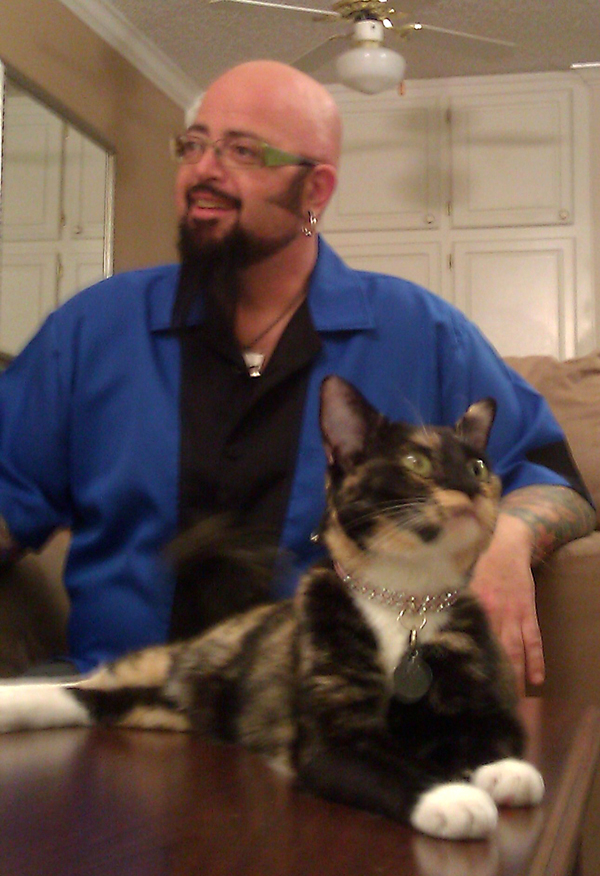
In spite of their allegedly feisty nature (or maybe because of it), tortoiseshell cats seem to have a lot of very enthusiastic fans. Sara Henderson, a veterinary technician and proud companion of a tortie named October, says, "I think if I were a cat I’d be a tortoiseshell." She believes that torties are like "reincarnated princesses," and also sensitive and compassionate. Most torties she has worked with professionally have been formidable patients — she told me, "If I have learned anything about patient restraint, it is to never underestimate the tortie stare!"
Almost every proud companion of a tortoiseshell cat I talked to agreed that torties were extremely talkative. Russ Thompson, who has a tortie named Peanut, said, "Peanut can’t shut up, and her meows sound like chirps." Amanda Somerville’s tortie, Daphne, "walks around the house singing." Daphne is "somewhat stand-offish" and doesn’t like being picked up, but when she’s in the mood for it she will sit in Amanda’s lap for hours.
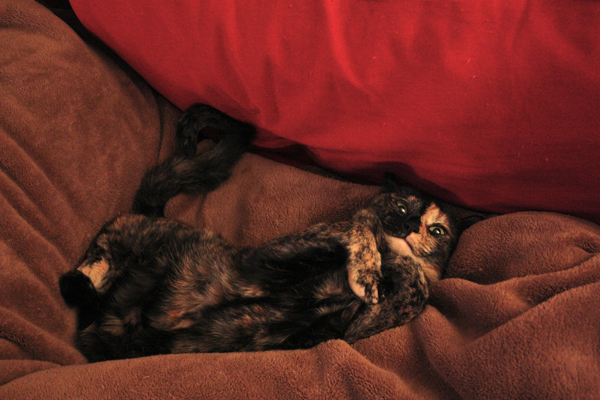
Stephanie Christianson, whose tortie Delilah was discovered in a locked suitcase with her mother and siblings, definitely believes in tortitude, and says Delilah is "the most unique cat I’ve ever lived with." Delilah "loves the sound of her voice" and will spend hours playing fetch.
Michele Lee said her tortie, Pekoe, has all kinds of tortitude. “She causes lots of trouble at the vet — once when she had a liver problem and had to stay at the vet for a few days, she was referred to as an ‘escape artist’ and had ‘Extreme caution!’ written in red on her chart!" Pamela Lalik, who has had two torties, believes torties are very confident and feisty. Her cat Mocha is "very talkative and likes to sneak out when she’s not supposed to."
So is tortitude real? Coat color in cats depends on genetics, and genetics can also have a large role in behavior, so it’s possible. Kristi Brooks theorizes that female cats with the gene for red fur are extra feisty — she believes this applies to calicos and torties (almost all of whom are female), as well as orange female cats.
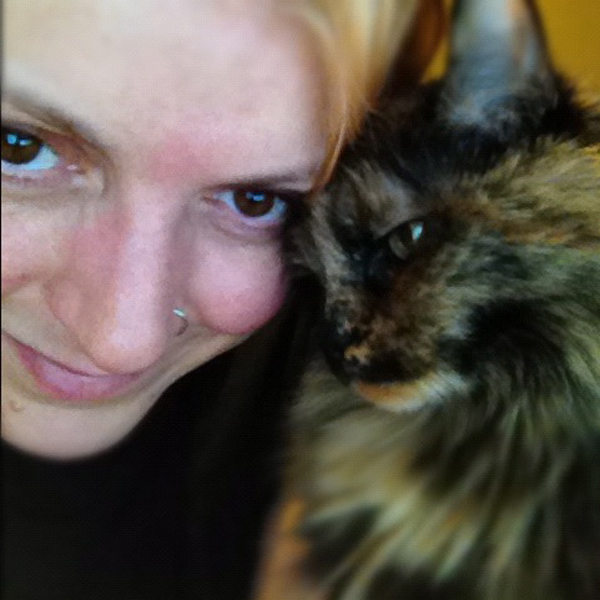
On the other hand, there are a lot of feisty cats in the world, and not all of them are tortoiseshells. Jackson Galaxy believes that making generalizations can actually be harmful.
"I believe you can make generalizations based on coat color, sometimes,” he says. “I’ve heard generalizations about every coat color from tortie to calico to orange tabby to tuxedos, but that’s because of your personal experience with those colors … I guess my problem is that in the long run, it does a disservice to define animals by their breed, their color, their sex, or their age."
Do you have a tortie? Do you believe in tortitude? Share some examples in the comments!

